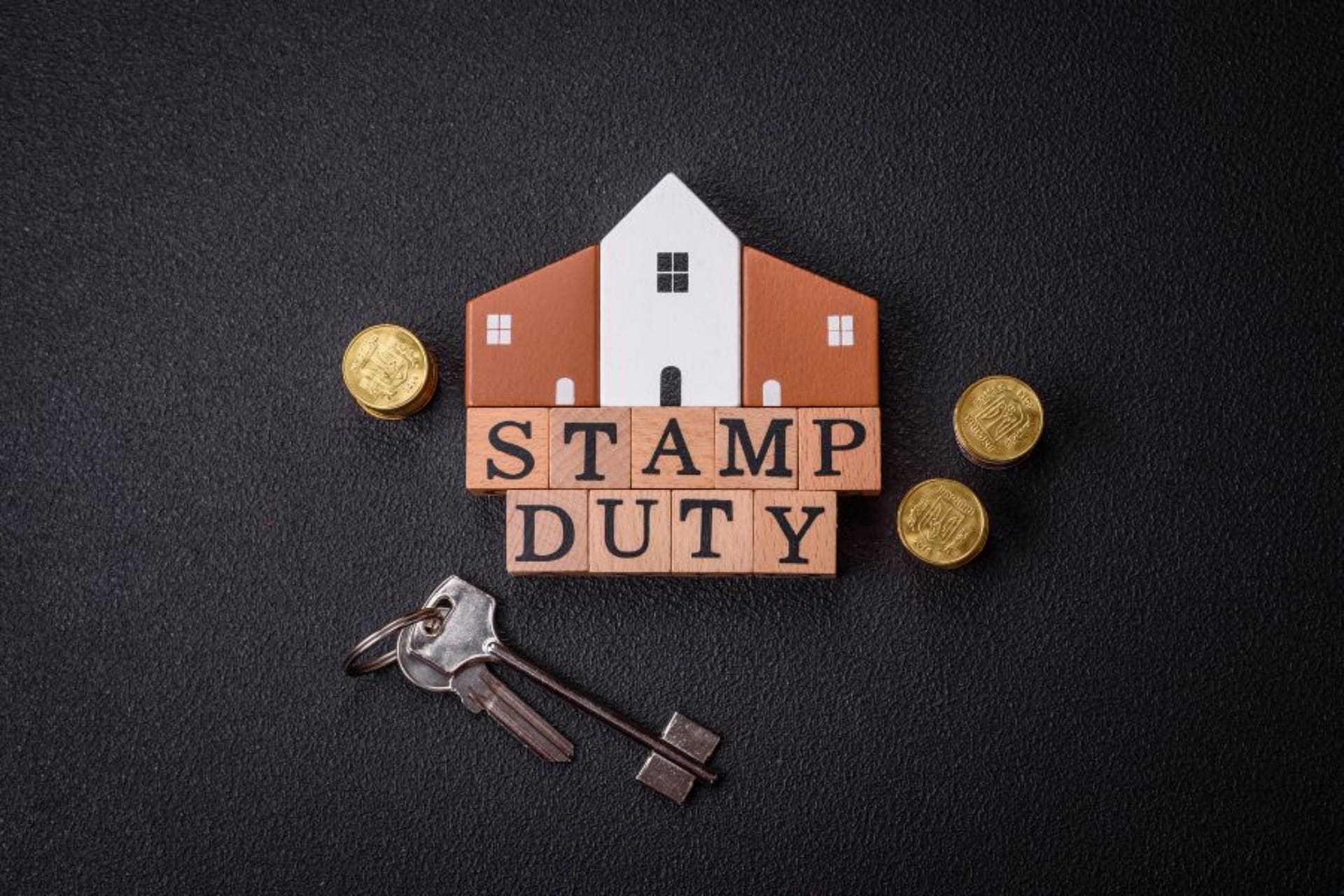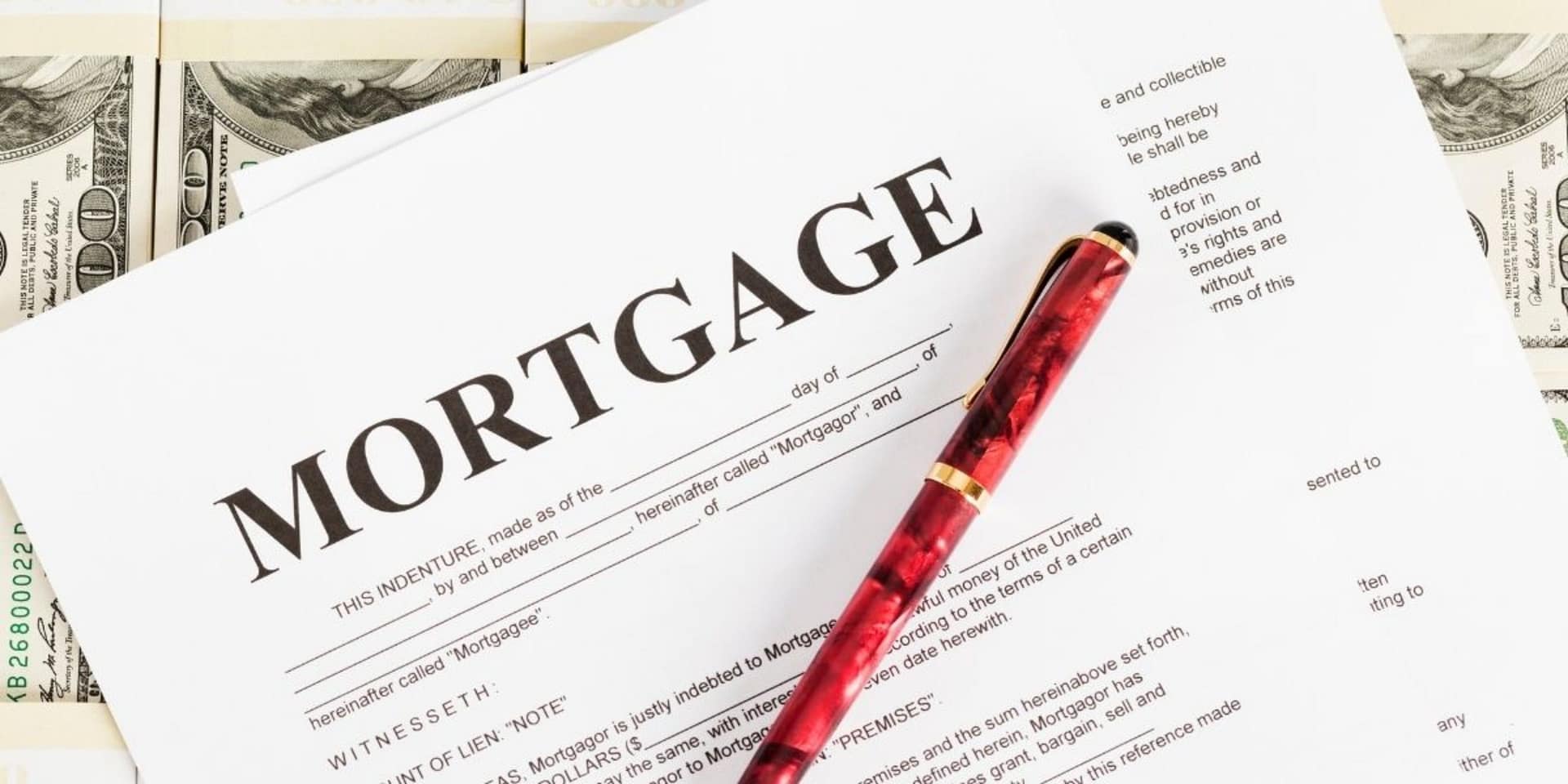When you purchase a house in Australia, you might find that the property already has tenants living in it. This raises a big question: if you are buying a house with tenants, can you kick them out?
Simply put, you are not automatically allowed to evict them. Australian tenancy laws are designed to protect tenants’ rights, and as a new owner, you must follow these laws carefully.
Understanding your rights and obligations as the new owner is critical, especially when it comes to tenancy laws. This guide will answer common questions buyers have when buying a house with existing tenants.
Can I Legally Evict Tenants After Buying a House in Australia?
The Residential Tenancies Act, which applies in each state and territory of Australia, sets out specific rules that landlords must follow. When you take ownership of a property with tenants, you become the new landlord and are bound by the terms of the existing tenancy agreement. The law does not give you the right to evict tenants simply because you are the new owner.
In some situations, such as when the tenants are on a periodic lease or the property is needed for the owner’s own residence, there are ways to end the tenancy. However, strict procedures must be followed, and you are required to give the tenants proper notice.
Also Read: What You Need to Know Before Buying a House with Tenants
What Happens to the Lease When I Buying a House with Tenants?
When you are buying a house with existing tenants, the lease doesn’t just disappear. The lease agreement remains in effect, and as the new owner, you step into the shoes of the previous landlord.
There are two main types of tenancy agreements you might encounter:
Fixed-Term Lease: This is a lease that runs for a specific period, such as 12 months. If the tenants are on a fixed-term lease, you cannot ask them to leave until the lease period has expired, unless they breach the agreement.
Periodic Lease: This is a lease without an end date, where tenants rent on a week-to-week or month-to-month basis. A periodic lease is more flexible, and in this case, you can give notice to the tenants to vacate the property.
In both cases, you are bound by the terms of the lease. If there is a fixed-term lease in place, you cannot make the tenants leave until the end of the lease period. If it’s a periodic lease, you will still need to give appropriate notice before the tenants are required to vacate.
Do I Have to Honour the Current Tenancy Agreement?
Yes, you must honour the existing tenancy agreement when you buying a house with tenants. The Residential Tenancies Act in each state or territory requires that the new owner respect the lease that was already signed between the tenants and the previous landlord.
Even though you now own the property, the tenants have a legal right to stay until their lease ends. This is true whether they are on a fixed-term lease or a periodic lease. You cannot change the terms of the lease, raise the rent, or ask the tenants to move out unless the lease allows for such changes.
If the tenants are on a fixed-term lease, you are required to wait until the lease ends before you can take any action regarding eviction. For a periodic lease, however, you can request that the tenants leave, provided you follow the proper legal procedure and give them the correct amount of notice.
Also Read: Understanding Licence Agreement to Occupy Property in Queensland: A Detailed Guide
Can I End the Tenancy if I Want to Move In?
Yes, in some cases, you can ask tenants to leave if you want to move into the property. However, this depends on the type of tenancy agreement in place and the laws of the state or territory where the property is located.
If the tenants are on a fixed-term lease, you cannot force them to leave before the lease expires, even if you plan to live in the house. You will need to wait until the lease is finished or come to an agreement with the tenants if they are willing to vacate early.
For tenants on a periodic lease, most Australian states and territories allow the owner to end the tenancy if they wish to move into the property. The owner must provide a certain amount of notice, which varies depending on the location. For example, in New South Wales, a landlord must give at least 90 days’ notice if they want to end a periodic lease for personal use of the property.
How Much Notice Must I Give to Tenants After Buying a House?
The amount of notice you must give to tenants depends on several factors, including the type of lease they are on and the state or territory where the property is located. It’s important to follow the legal notice periods carefully, as failing to do so could result in delays or legal complications.
For Tenants on a Fixed-Term Lease: You cannot give notice to tenants until the lease is about to expire. In some states, you may need to give a certain amount of notice before the end of the fixed term. For example, in Victoria, you must provide at least 60 days’ notice before the lease ends if you do not wish to renew it.
For Tenants on a Periodic Lease: You can ask the tenants to leave by giving proper notice. The notice period varies by state and reason for eviction. In Queensland, for instance, you must provide at least 60 days’ notice if you want to end a periodic tenancy without cause. However, if you plan to move into the property yourself, the notice period could be as long as 90 days, depending on the state.
It’s essential to check the specific notice requirements in your state or territory and ensure that you give notice in writing, as required by law.
Making Sure You Follow the Rules: Key Points
Buying a house with tenants can be a bit tricky. However, by following the correct procedures and understanding tenancy laws, you can handle the situation with confidence. Always respect the lease terms, give proper notice, and work within the law to avoid any issues.
If you’re unsure about your rights as a property owner or how to manage tenants after buying a house, it’s a good idea to get professional advice from a conveyancer or legal expert.
Buying a House with Tenants?
It may seem complex, but with the right guidance, it doesn’t have to be. Whether you need to wait for a fixed-term lease to expire or give notice under a periodic lease, understanding your obligations is key. At CJC Law, we specialise in conveyancing and tenancy matters across Australia. If you’re buying a house with tenants and need legal advice or assistance, contact our team for expert support today!




